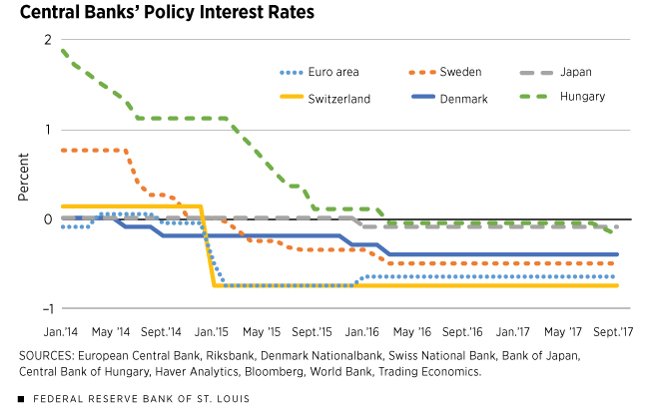“Certainly one of the most important things I learned is that numbers can be deceiving. There is a logic to mathematics, but there is also the underlying human element that must be considered. Numbers can’t lie, but the people who create those numbers can and do. As so many people have learned, forgetting to include human nature in an equation can be devastating.” ― Harry Markopolos, No One Would Listen

The quote I used from Harry Markopolos’ No One Would Listen book about the Bernie Madoff ponzi scheme in my last article triggered a bittersweet recollection. For me, the experience captured the true nature of our warped financial markets, a culture glorifying wealthy arrogant criminal assholes, while ignoring or ridiculing honest, hard working, highly intelligent truth tellers.
The picture of Markopolos above shows an average looking middle aged guy, with a five o’clock shadow, bad haircut, and wearing a modestly priced suit and tie. Since reading about his fruitless effort to expose Madoff’s Ponzi Scheme and his fifteen minutes of fame in 2009, I have felt an affinity towards him. We both have a brother and sister. We were both brought up in Catholic households and went to Catholic schools. We both have degrees in finance. We have both had financial careers. We are both married with three sons. And we both believe facts and an accurate assessment of the numbers always reveals the truth.
Through his job as a portfolio manager with a small investment firm Bernie Madoff’s investing record was brought to his attention. As a numbers guy, he immediately began assessing the returns. Markopolos said he knew within five minutes Madoff’s numbers didn’t add up. It took him another four hours to mathematically prove that they could have only been obtained by fraud.
…click on the above link to read the rest of the article…









